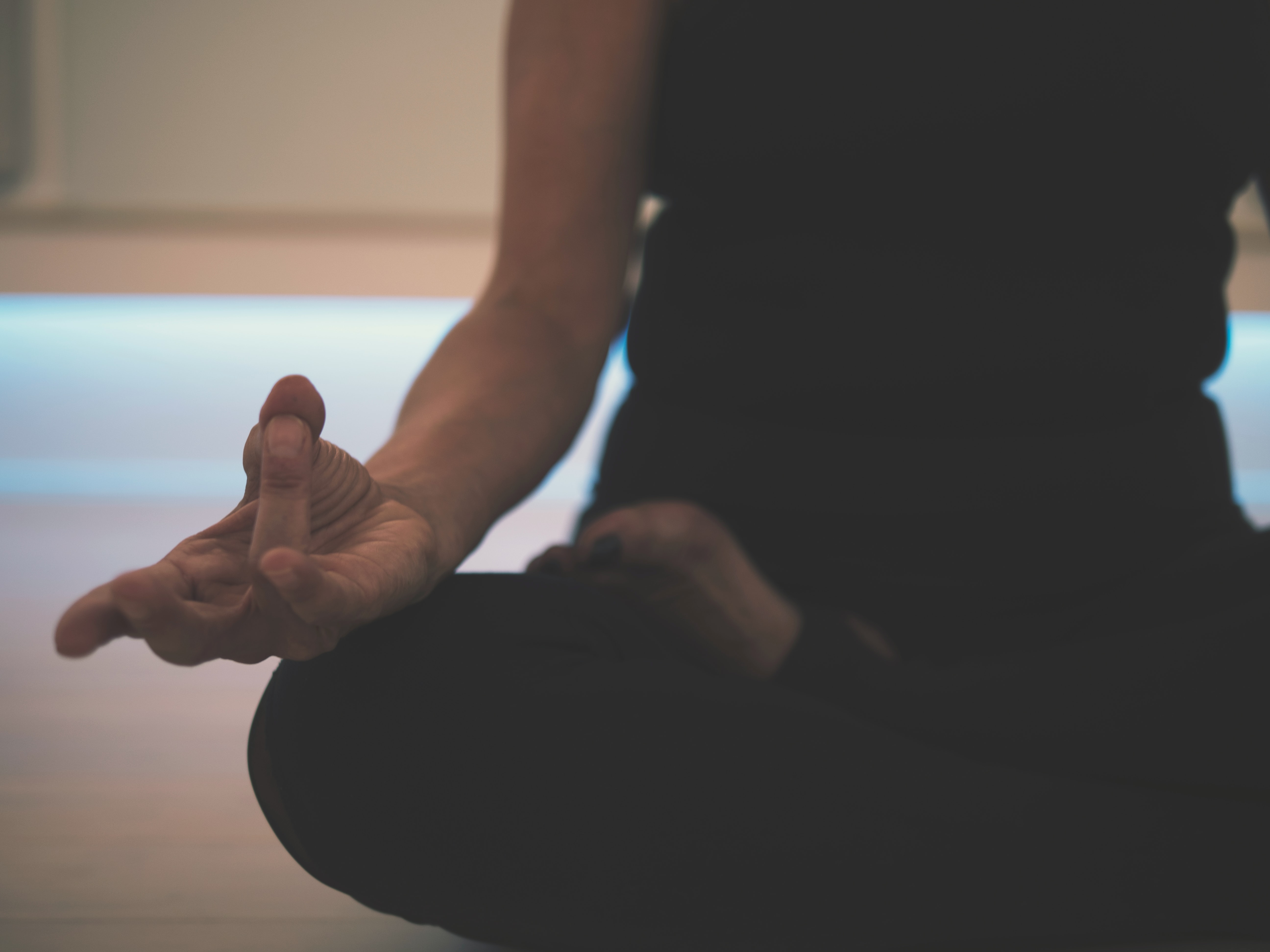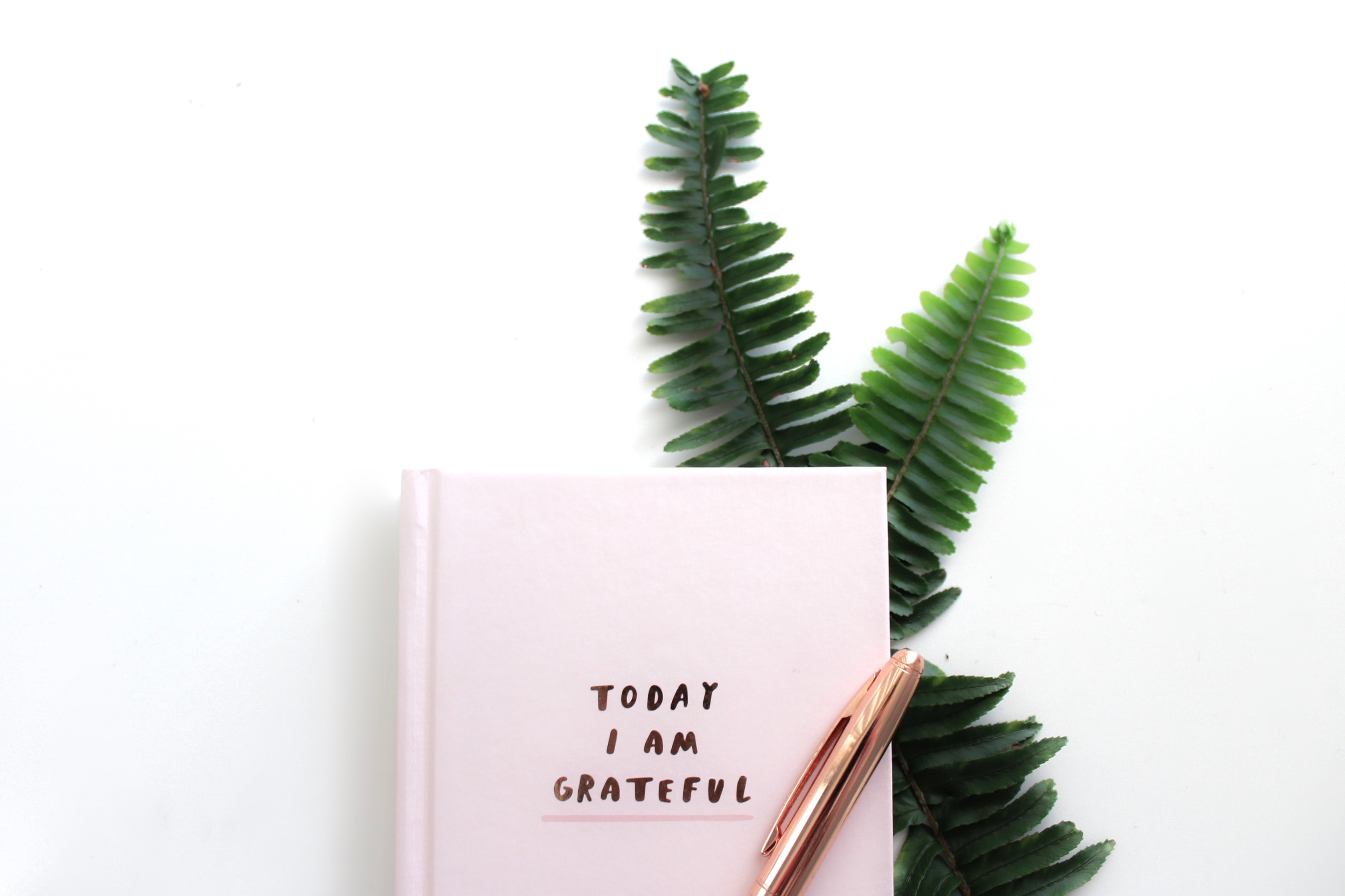Trying to spend less? 4 reasons to start mindful journaling

Emotional spending is as its name suggests, financial spending that’s rooted in emotion or stress as opposed to necessity or considered purchases.
It’s a common practice many of us have likely experienced, it’s why the term retail therapy even came to be and why it still rings true.
The connection between emotions and finances is a powerful one, and it’s not always a bad thing, but it’s important to separate the two and know that when we’re buying emotionally, we’re simply delaying the emotions or stress that will eventually come to the surface later on.
Mindful journaling is a compelling practice that can help you cope with your emotions in a healthy and sustainable manner. For those who are new to journaling, the habit itself might be met with a reaction of dubiety over its effectiveness.
It’s a misconception known to many, and yet those who practice mindful journaling often vouch for its cachet. Journaling, for many, is a form of self-love and a vehicle for their sense of selfhood.
There is something to be said about the therapeutic and meditative nature that comes from this practice of self-reflection. Here are four ways mindful journaling can help curb your emotional spending habits.

In 2001, Yasuhisa Hama published a study in the Department of Psychology for Well-being, on how shopping is most often associated as a coping mechanism for stress.
Individuals who are under stress will often experience natural body responses like anxiety, depression, and headaches, but as a way to suppress those feelings, people are more likely to practice coping mechanisms that take their mind off of it.
By avoiding the nature of our emotions and the stress we feel, we’re choosing to process it in an unhealthy manner–either through shopping or other impulse behaviours and ultimately delaying these emotions that will eventually come to the surface.
Hanli Hoefer. media personality and co-founder of the podcast Just So We’re Clear shares, “I journal about once a week, sometimes twice depending on my mood. However when I journal it’s normally a full one-hour session alongside a cup of tea or a big glass of wine.
''I mainly find journaling a great way to connect with myself and I find great satisfaction in knowing I can depend on myself to write out my thoughts and worries. It is a way for me to release the worries I hoard out of my mind.
''I freely write out all my thoughts and I’m usually able to look back at them and understand my stress better, I also am able to give time to sit with my emotions, and that allows me to look at them with new perspectives.
''It truly is a form of therapy. It’s helped me keep a sense of emotional balance and most importantly it anchors and nurtures the relationship I have with myself.”

When it comes to alleviating sadness and stress, shopping is a natural choice for many. So much so, that it’s a phenomenon coined “misery is not miserly”. Harvard released a research report on this, sharing that sadness increases how much an individual spends.
The psychology behind it is that when we experience sadness, whether it’s a temporary incident or more long-term, it can trigger a chain of emotions that lead us to become more focused on ourselves, which then increases a willingness to spend more to feel better.
By journaling, it creates an avenue to work through these feelings of sadness, grief, and depression in a healthy and sustainable manner.
Karman Tse, founder of The Coeur, shares “I didn’t know it at the time — that when I picked up a pen and filled those very first three pages of my journal one late morning in early 2017, it would mark the beginning of the end of a very dark decade of my life.
It was a decade of consulting psychiatrists and hopeless experiments with medication.
Still, I was no closer to a way out of my state of depression, only further and further away from the person I used to be. My spectrum of emotions would go from profound emptiness to extreme despair and hopelessness with no end in sight.
I was introduced to holistic methods of healing and all sorts of tools for self-discovery, which included a brand of journaling called the morning pages, you can read all about it in The Artist’s Way by Julia Cameron.
This is, essentially, stream-of-consciousness writing for three pages with no self-censorship, judgment, or filtering. You surrender and let your hands move until three pages are filled.
It is suggested that you never revisit the pages, but instead treat it as an exercise in releasing negative thoughts and emotions, to purge your mind and body of all the bad energies.”

There aren’t many things in life that we can control, and if there’s anything true that stands through the test of time it’s that change is the only constant. Yet this understanding doesn’t stop many of us from thinking we have control over every aspect of our lives.
It also brings about a terrifying feeling when we lose that sense of security. When we lose our sense of control, we feel powerless and the natural instinct is to restore that sense of control in other means.
Most oftentimes, this manifests itself in spending our money and buying things because we feel a balance in control when we’re able to buy what we want. However, journaling does the same thing, and at a much lower cost too.
Olga Iserlis, founder and director of Adagio Events, shares that “Based on meditation lessons, as well as my own experience over so many years, sharing your feelings with your own self visually, writing your thoughts and information about the matters that have special meaning or concern, definitely helps with self-reflection.
It cultivates the relationship with your own self and gives your mind the freedom to wander. It is certainly a release exercise that helps me to expose and process negative emotions I face from time to time.
As Anne Frank said in her diary “I can shake off everything as I write; my sorrows disappear, my courage is reborn.” I can strongly relate to this feeling.”
For Karman, she journals almost every day as a simple and powerful tool of understanding herself and her life.
“Through these pages, I have processed difficult emotions, found answers, welcomed new ideas and perspectives, created space within for more creativity in my work, pen down positive affirmations, expressed gratitude, set intentions, mapped out an ideal day/life, written letters to myself, and thanks to these pages, I have been able to re-write my story.”

It mentions that when we cultivate gratitude in our lives, we’re more likely to feel more fulfilled and less likely to spend on impulse purchases. It also frames finances in a more long-term stance, where you’ll be more likely to save your money for more sensible, and longer-term purchases down the line.
For Hanli, she explains, “My journal isn’t just to moan and whine. I always try to balance my entries with hope and positivity. I list our things I am grateful for, I write letters to myself as if I was my best friend, I write down ideas, dreams, and ambitions.”
Though journaling to process your emotions and worries is just as conducive, practicing gratitude can be equally enriching and needed in your everyday life.
To encourage a habit of gratitude in her journaling, Karman shares “For me, it has become integral in my morning routine.
I typically wake up any time between five and seven am. The first hour is dedicated to a self-care ritual that consists of a workout, meditation, and journaling.
I like to do this before the workday begins because it helps me to shift into a desired state of being, which for me means a state of calm, positivity, presence, and gratitude. You could also set a timer, or do this at the end of the day.
As with any new habit, it takes time to figure out what works best for you. Journalling is such a personal and intimate activity.
I don’t believe there’s a “right” way of doing it — the only “right” way is your way. It is, however, a commitment to yourself. So I’d say, just start, start small, and see where the pages take you.”
This article was first published in The Singapore Women's Weekly.